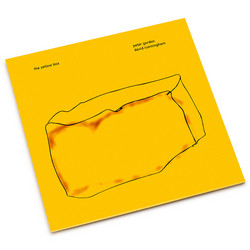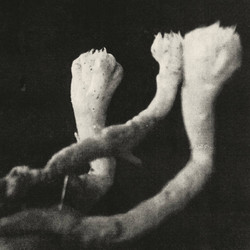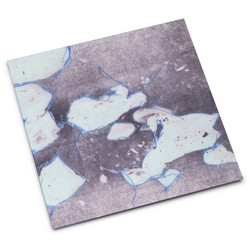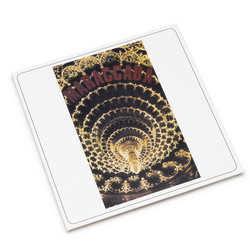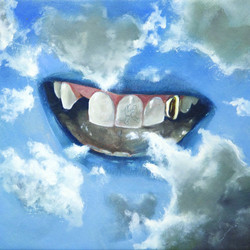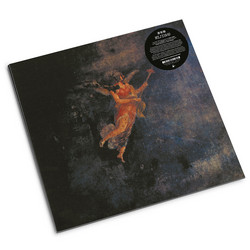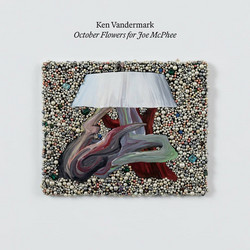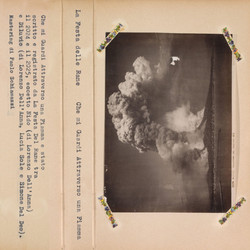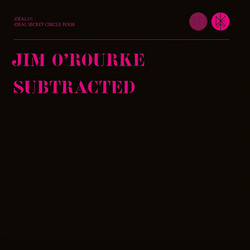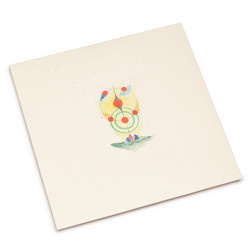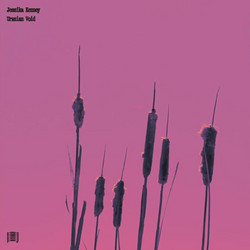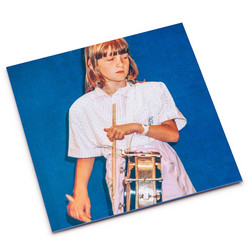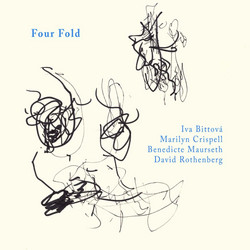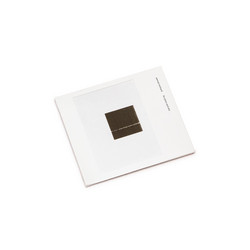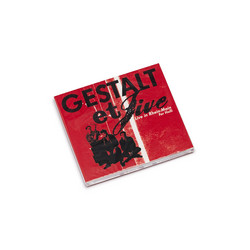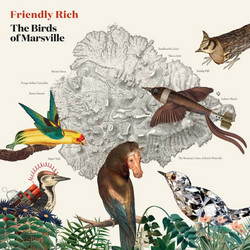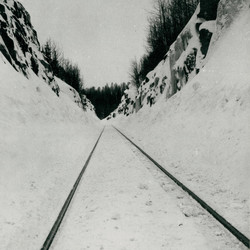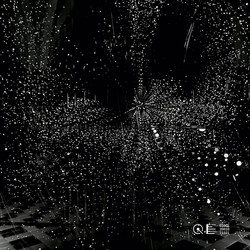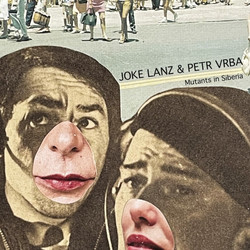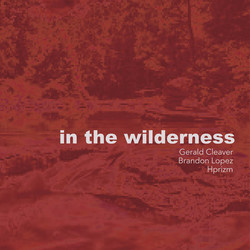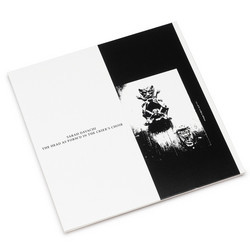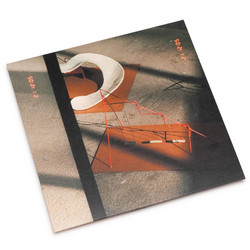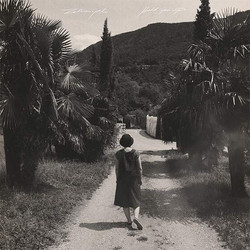The fourth full length album of Passepartout Duo and a deep investigation into how we communicate and collaborate with electronic devices, Argot is a reinterpretation of the synthesizer as an intelligent talking machine. Each track of the album features a kaleidoscopic mirroring of mystical electronic textures traced onto the surface of traditional acoustic instruments. The synthesizer’s voice is characterized by gestural sways of simple harmonies that evoke an ancient air, and a sense of timeless contemplation. A lack of typical rhythmic backing makes the unknown language of the machine both unexacting and unpredictable, while the acoustic instruments reflect a search for beauty in these atypical sounds that is rarely far from view.
Largely conceived as a studio album during a residency at the Electronic Music Studio in Stockholm, Argot was recorded on the 1970s Serge System: treating this enigmatic machine as a trusted writing partner, material often feels discovered rather than composed. The pieces make heavy use of speech melody transcription techniques, providing complex and often unidiomatic starting points for the piano parts.
The album rotates between the quirky, dramatic, doleful, and the sweet, at times evoking a Pärt-like simplicity that still retains its apparent crystalline essence in “Back in Time” and “Kissing in the Park, Briefly”. Anthemic, bright, or otherwise motoric moments contrast the still spaciousness of other tracks in “Get Along”, and “Imitates a Penguin”, during which a more percussive approach interleaves the peculiar melodic vocabulary of the electronics.
Diverging from the duo’s past releases, Argot features the contributions of musician friends from different corners of the world. In “Colourful Quartz”, virtuoso runs on Japanese traditional flutes rival the agility of the synthesizer, and delicately highlight the unstable nature of its tonality; a jazz-derived double bass strives to come afloat in the querulous “Uncommon”; and strangeness and serenity intersect with an emerging string quartet spectre in “Viols and Violas, in Mus.” The titling of the tracks is decidedly less serious than the music it represents. Derived from cross-word clues to reference the lingual nature of the music, the phrases become single line poems once stripped of their alternative meanings.
